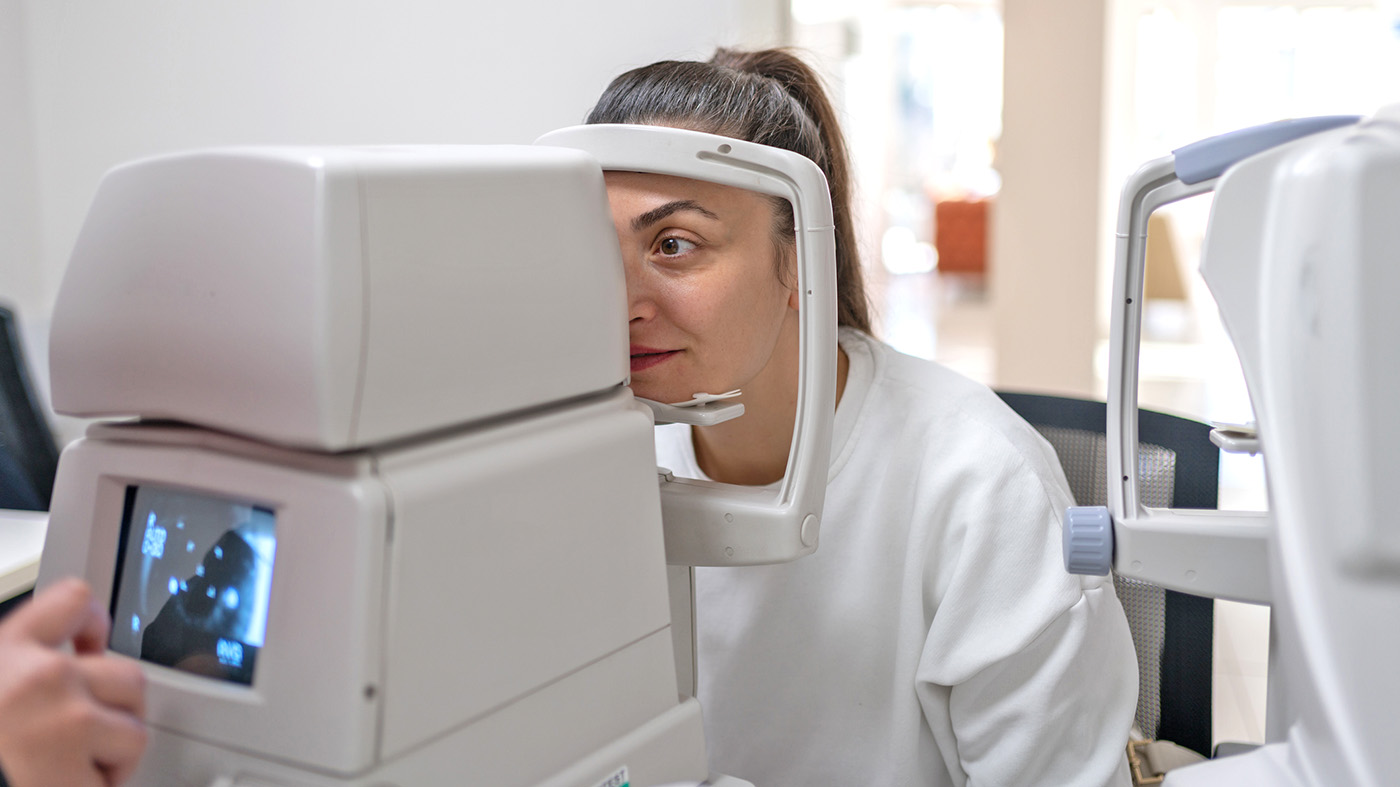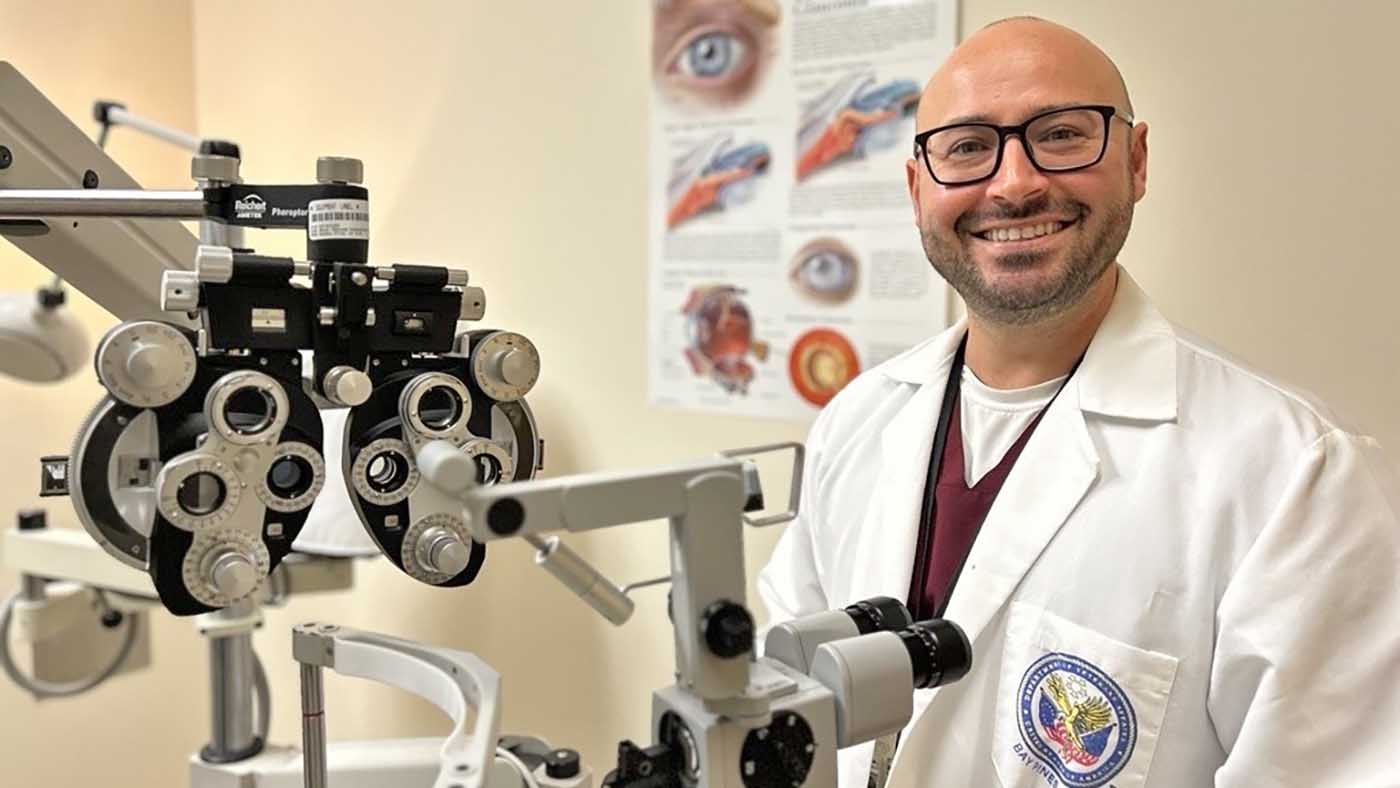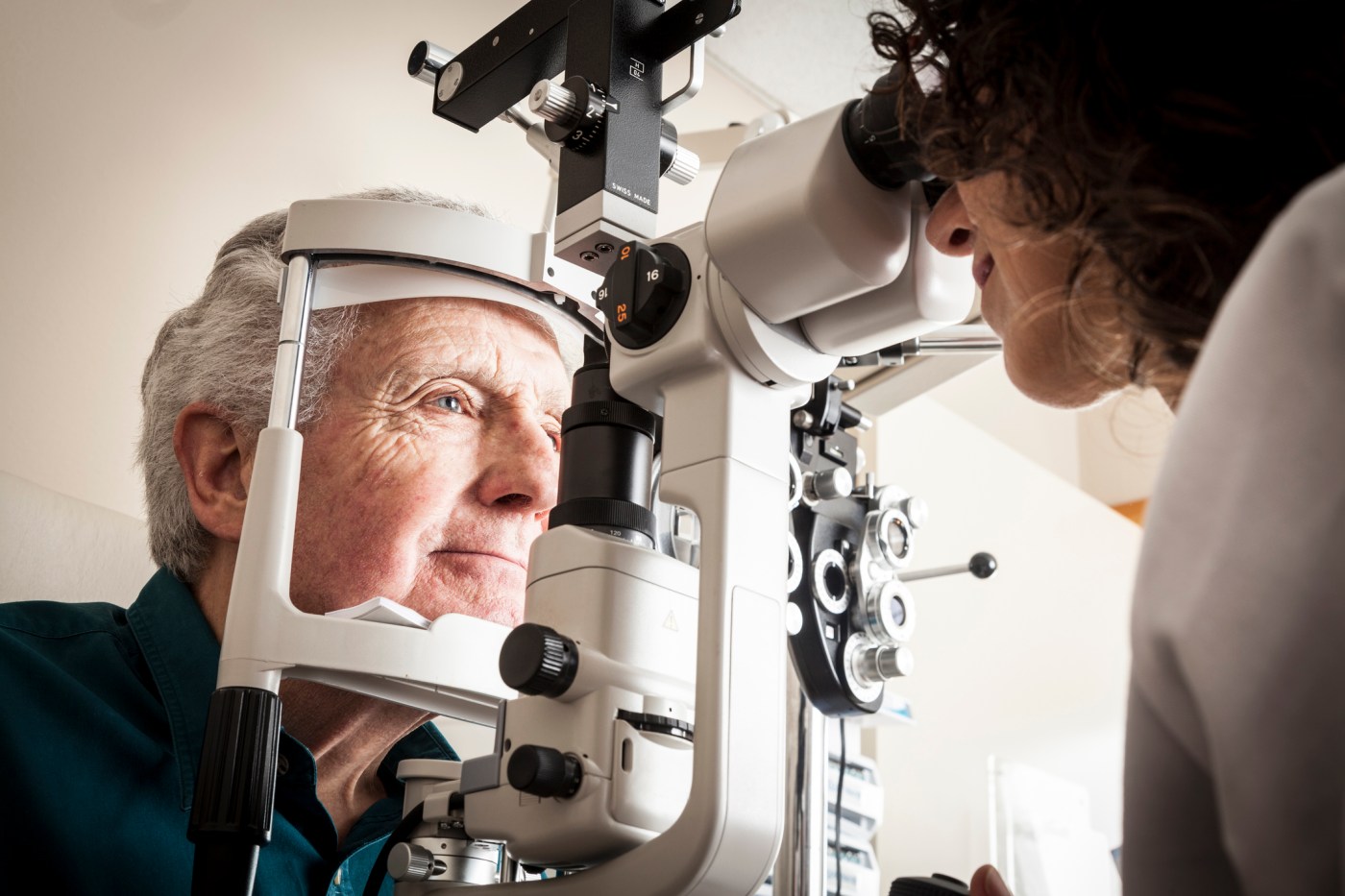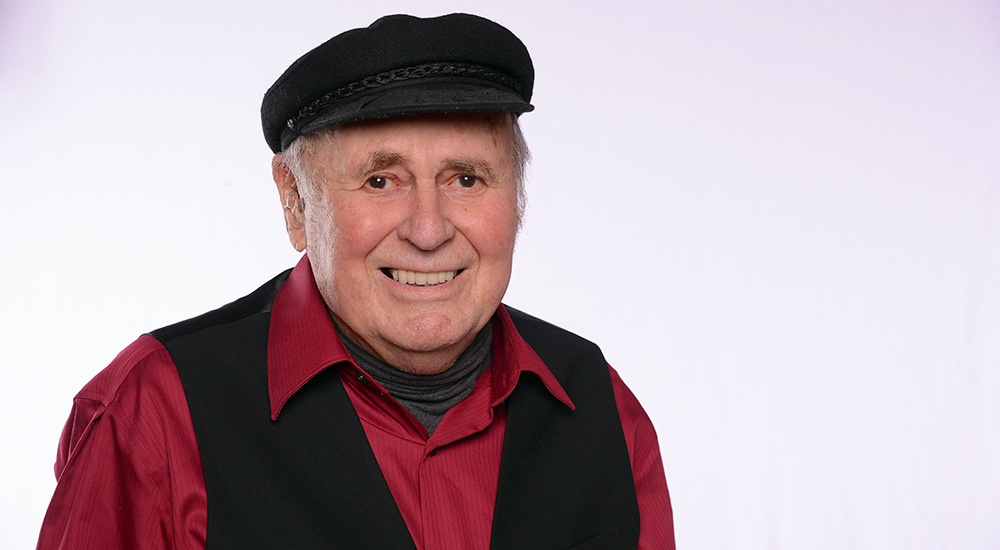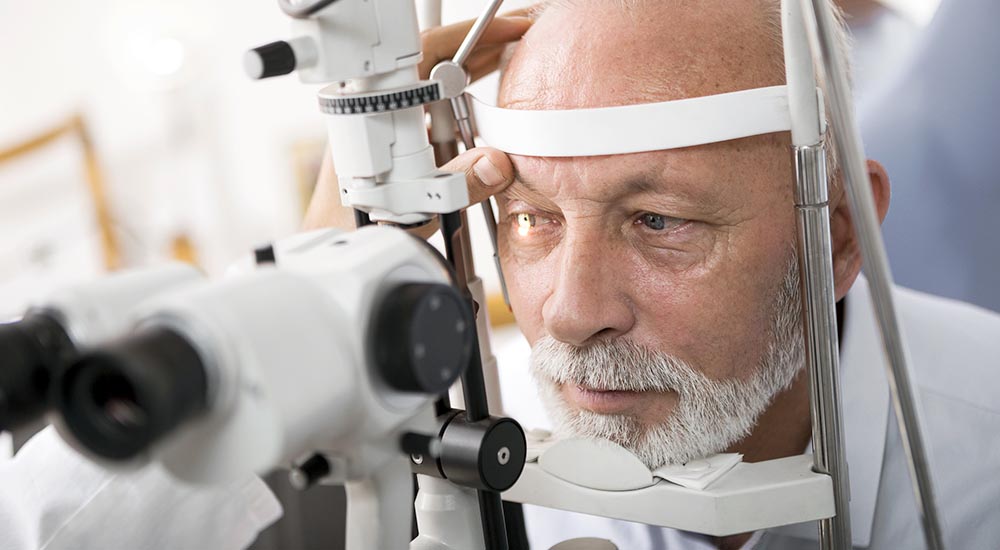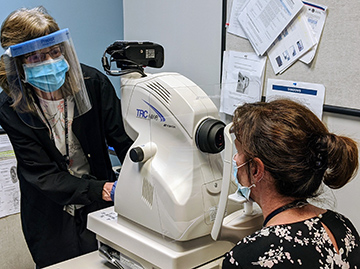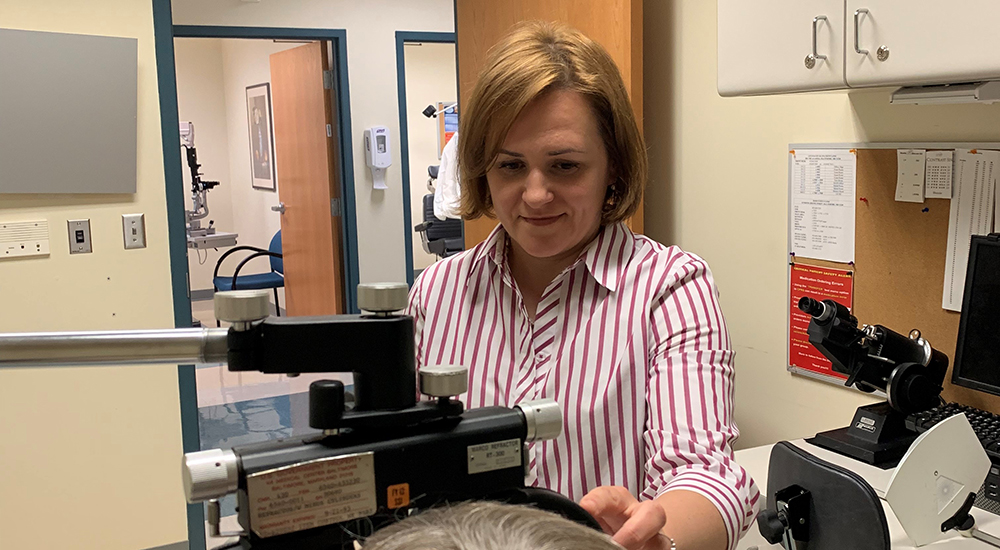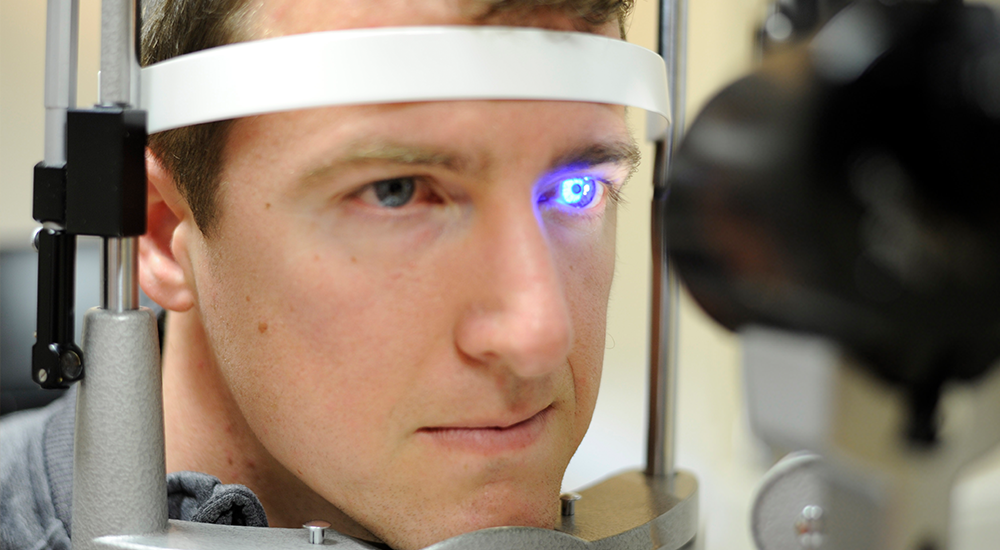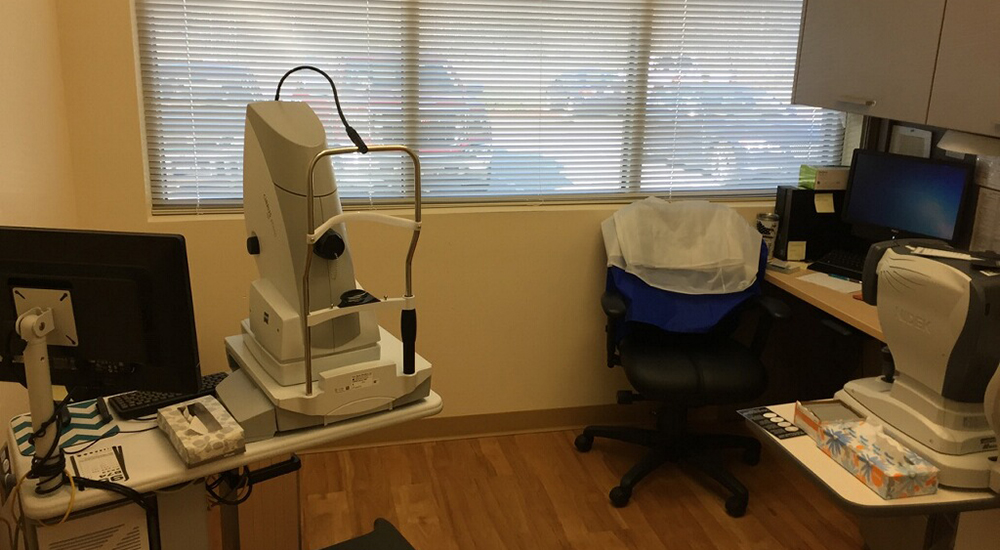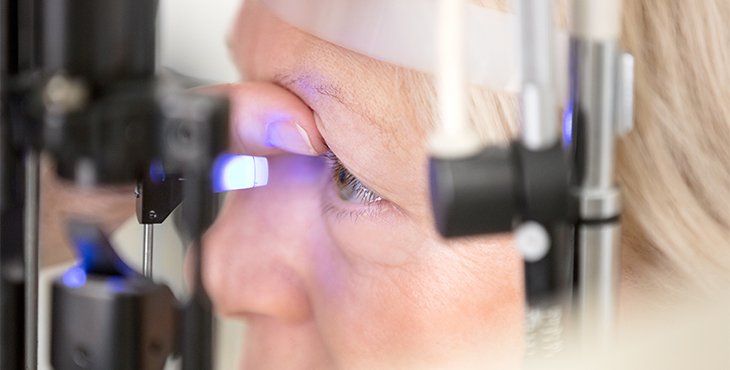Learn about the risks of glaucoma and ways to protect your eye health
Central Alabama VA is working to improve glaucoma screening and other eye care services for Veterans in central Alabama.
Untreated, glaucoma can leave people partially or fully blind. Factors include genetics and ethnicity.
TeleEye enables an eye specialist to screen patients for diabetic retinopathy through photographs taken at the primary medical care home.
Navy Veteran Charles served in World War II. He came to VA after his eyesight began failing. The staff at the VISOR Center helped Charles continue living independently, despite his condition.
Early identification of Veterans at high risk of glaucoma allows more aggressive treatment before the damage occurs. Glaucoma damages your eye’s optic nerve. Make an appointment today.
Most often used for Veterans with diabetes and elevated A1c, teleretinal imaging is expanding nationally to assist in screening for conditions such as glaucoma and macular degeneration.
Advanced Low Vision team creates individualized treatment plans for Veterans. A Marine Veteran: admits “It can be depressing…to be dependent on others.” But after his first clinic visit, “I felt hopeful for the first time in a long time.”
Dr. Mary Lynch is the first woman to receive the American Glaucoma Society’s prestigious Innovator Award. Many Veterans are better off today thanks to her contributions to the field of glaucoma.
Dr. April Maa has helped transform eye care delivery across the VA system. A program she developed called TECS - Technology-based Eye Care Services – streamlines the process for all Veterans.
Over two million Americans have glaucoma, including many Veterans. Here’s a look at the disease and why you should schedule an eye exam…now
VA researchers showed that the rate of eye disease may be increasing in the VA system, and that Veterans with serious mental illness have a higher rate of eye diseases than other Veterans.


